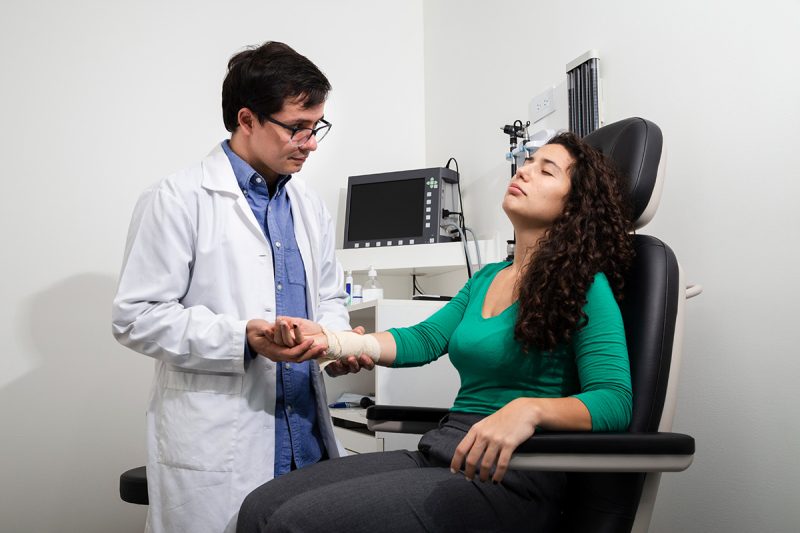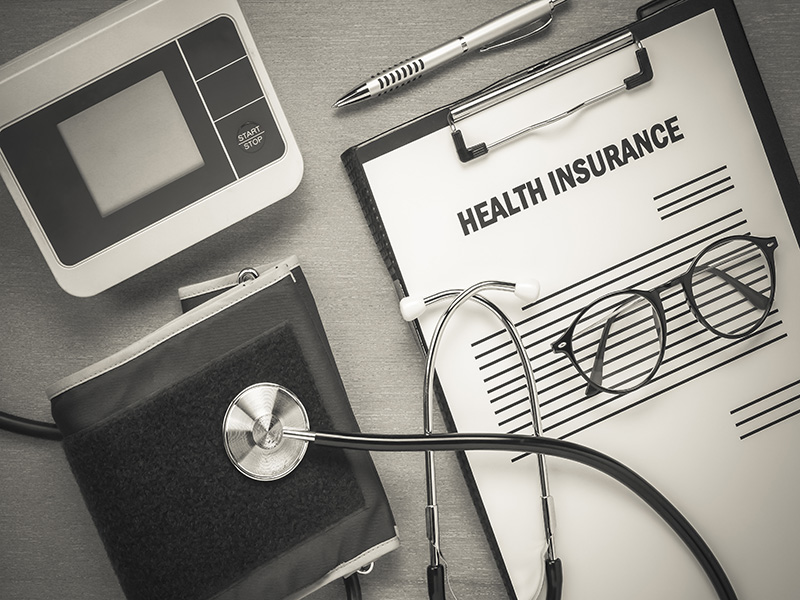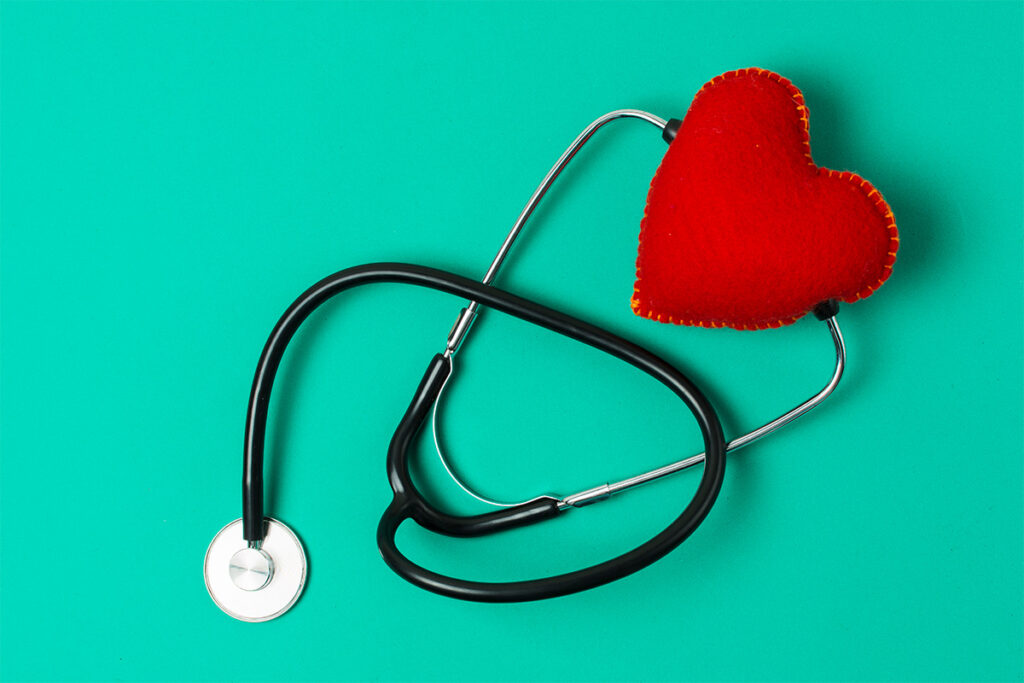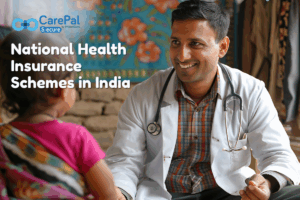Does your health insurance cover
Cancer Screenings and prevention?

An old English proverb, “forewarned is forearmed,” is particularly relevant for cancer treatment. If the cancer is detected at an early stage via cancer screening, then the survival rates are much higher for all types of cancers. However, the cost of cancer screening can be a hindrance. Shouldn’t the health insurance plans or health insurance cover, particularly cancer coverage insurance provide for annual cancer screening tests? However, before we get to the costs of preventive cancer screening tests and the insurance coverage, let’s first understand just how dangerous cancer can be.

Why do you need Cancer Screening? Because Cancer is much more common that you think!
Let’s start with two key facts that you need to know about Cancer:
- Cancer Kills 300% more people in a year than Covid did in 2020, its peak year. As per WHO, total number of Covid deaths in 2020 was 3 million while cancer kills 10 million people every single year.
- India is the cancer capital of the world. Health of nation report released by Apollo Hospital Group in May 2024 highlights that Indians are getting cancer earlier their lives as compared to other countries.
Cancer Screening tests are your best bet at catching cancer in its early stages when the chances of success in treatment are high. As per experts, cancer screenings are the single biggest factor in the survival rate of cancer patients. For example, the survival rate of breast cancer at stage 1 is 100% while at stage 4 it reduces to only 25%.
What are common cancer screening tests?
Cancer Screening tests are a combination of physical examinations to check for lumps and abnormal moles, imaging tests like MRI/ XRAY/ CT Scan etc. to check for any tumors and abnormal growth patterns inside the body tissues and lab tests to verify any abnormal hormonal and/or chemical presence. Cancer also has a genetic component and in recent years genetic testing to establish a person’s vulnerability to specific types of cancer is also gaining ground.
Some of the common cancer screening tests are:
- Pap smear test & Mammography: Cancer Screening tests used to detect signs of cervical cancer among women.
- Colonoscopy, sigmoidoscopy and stool tests: Cancer Screening tests used to detect signs of colon cancer among men.
- Complete blood count (CBC): Cancer Screening tests used to detect signs of blood cancer.
- Prostate-specific antigen (PSA) level: Cancer Screening tests used to detect signs of prostate cancer among men.
- Skin exam: Cancer Screening tests used to detect signs of skin cancer.
- Alpha-fetoprotein blood: Cancer Screening tests used to detect signs of liver cancer.
Who should go for Cancer Screening tests?
Cancer has a strong linkage with age. The older the person, higher the risk of cancer. Therefore, doctors recommend that people entering their forties undergo annual cancer screening tests. However, for people who are high on risk factors like genetics, lifestyle (smoking, drinking, obesity) or other factors like pollution, job profile etc., we recommend cancer screening to start in their mid-twenties.
An important distinction that you have to keep in mind while going for cancer screening tests is that cancer screening tests are not cancer diagnostic tests. Cancer screening tests are only preliminary findings. For example, mammography can detect a lump in the breasts but it can’t tell whether the lump is cancerous or not. That is done by your doctors using cancer diagnostics tests. Any findings in cancer screening should not worry you unnecessarily.
What is the cost of cancer screening tests and does my health insurance cover the same?
Cancer screening package costs is dependent on the location and the type of tests being done. But as an estimate, the costs for cancer screening test are in a range of INR 700 for basic profile tests at home to INR 6000 in good hospitals. What kind of tests you should go for, should be decided in consultation with your doctor.
Most health insurance plans traditionally have focused on covering the cost of hospitalization and as such don’t cover the cost of preventive cancer screening tests conducted by healthy individuals. However, this is changing with a realization among insurers that early detection of cancer not only helps the patients but also helps them by lowering the cost of treatment. Hence, in recent times some of the insurers have started giving diagnostic vouchers which can be redeemed by their customers at various diagnostic centers the insurer might have a tie up with. While these vouchers are not cancer screening test specific, they can be used to fund all or part of the costs of screening tests. The details vary according to the product and the insurer, hence we recommend that the customers get clarity on this issue from the insurers.
To prevent cancer, there are two things that every person needs to do. One is to reduce the risk factors that are in their control. These are not only lifestyle related factors, but also include genetic tests to determine risk factors. However, no amount of preventive measures can completely eliminate the risk of cancer. In such a situation, cancer screening tests are the best chance of increasing the chances of successful treatment and reducing not only the costs but also the pain of treatment. Don’t put off for tomorrow what you can do today. Go for that cancer screening. It might just be the best gift you give yourself.
Frequently Asked Questions
Good digestion ensures proper nutrient absorption, strengthens immunity, and boosts energy levels. It also prevents complications like weight gain, hormonal imbalances, and chronic diseases.
Consider the insurer’s financial stability, claims process, coverage terms, and inclusion of services like teleconsultation and diagnostic tests. These factors ensure smooth access to care and timely claim settlements.
Poor digestion can cause nutrient deficiencies, weakening the immune system and leading to fatigue. It’s also linked to weight gain, diabetes, and mental health issues.
Adopt a balanced diet rich in fiber and fermented foods, quit smoking, avoid alcohol, exercise regularly, and manage stress to support healthy digestion.
It offers comprehensive benefits, including hospitalization, diagnostic tests, and teleconsultation, with a reduced waiting period for pre-existing conditions and cashless treatments.
Hi, my name is Om, and I am a developer at Carepal Secure. With a strong passion for technology and innovation, I enjoy creating effective solutions and learning new skills to enhance my expertise. My journey in development has been both challenging and rewarding, allowing me to grow professionally while contributing meaningfully to the projects I work on.












